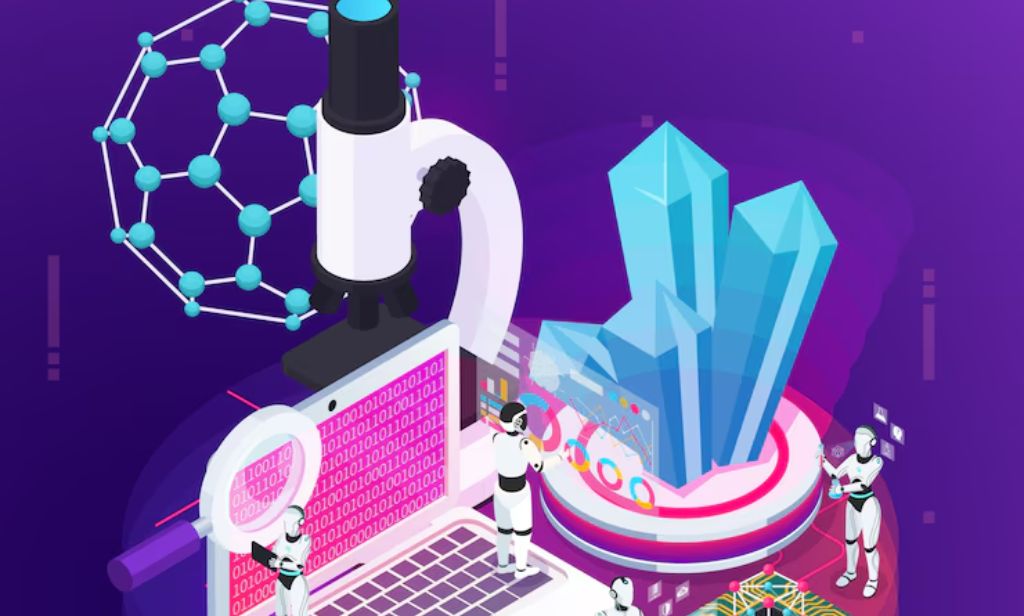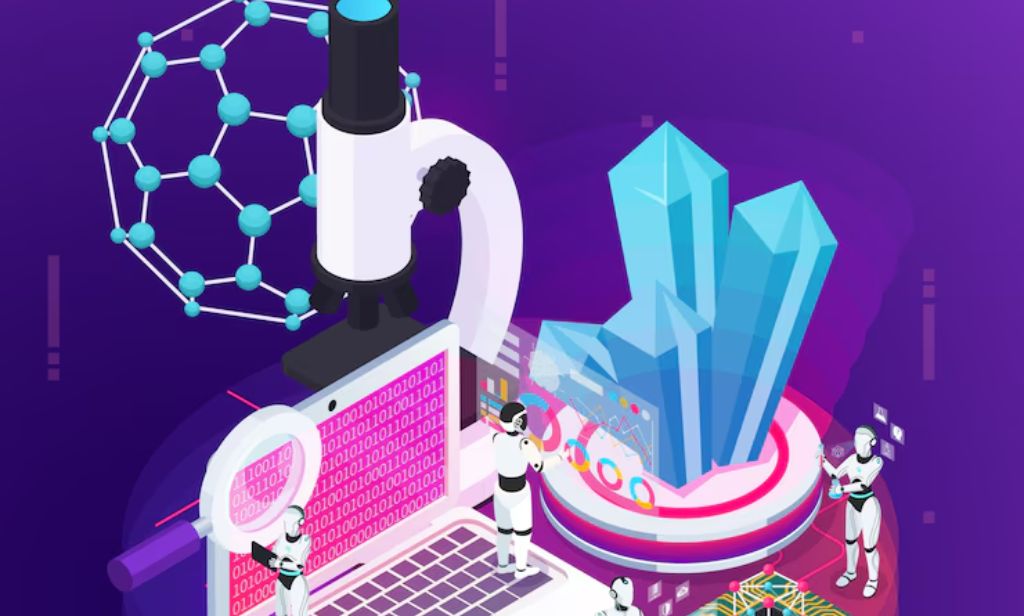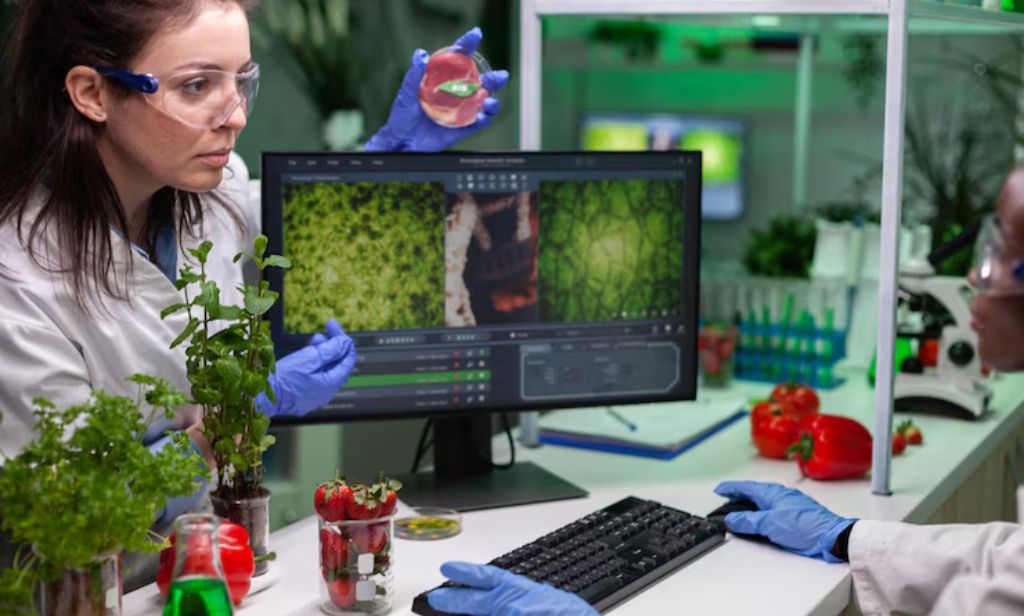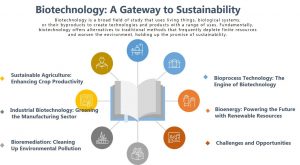

A B.Sc. in Biotechnology provides a strong foundation in the principles and applications of biotechnology. A student will gain in-depth knowledge of subjects such as molecular biology, genetics, biochemistry, microbiology, and bioinformatics, which are essential for a career in the field. Biotechnology is an interdisciplinary field that integrates knowledge from biology, chemistry, physics, and engineering. By studying biotechnology, student will develop a diverse skill set that includes laboratory techniques, data analysis, problem-solving, critical thinking, and communication skills, which are valuable across various industries at present. A B.Sc in Biotechnology opens up a wide range of career opportunities in industries such as pharmaceuticals, healthcare, agriculture, food processing, environmental conservation, and biomanufacturing. In addition, Biotechnology is a rapidly evolving field that drives innovation and scientific discovery. With a B.Sc. in Biotechnology, students may have the opportunity to work on cutting-edge research projects, develop new technologies, and contribute to advancements in areas such as healthcare, agriculture, and environmental sustainability in line with the NEP 2020. The biotechnology industry is experiencing rapid growth globally, leading to a high demand for skilled professionals. Graduates with a B.Sc. in Biotechnology are in demand for roles in research institutions, biotech companies, government agencies, and academic institutions, offering excellent job prospects and opportunities for career advancement. Working in biotechnology can be intellectually stimulating and personally rewarding. Being involved in research, innovation, and problem-solving can provide a sense of fulfillment and accomplishment in your career, knowing that you’re contributing to advancements in science and technology.
Studying B.Sc. in Biotechnology at Adamas University offers several compelling reasons:
Academic Excellence: Adamas University is known for its commitment to academic excellence. Our B.Sc. Biotechnology program likely follows a rigorous curriculum designed to provide students with a solid foundation in biotechnology principles, techniques, and applications.
The university offers a curriculum that is closely aligned with the needs and demands of the biotechnology industry. This ensures that students graduate with the necessary skills and knowledge sought after by employers in the field. Here in Adamas University, we have modern infrastructure and facilities, including well-equipped laboratories, research centers, and technology-enabled classrooms. Access to such facilities enhances the learning experience and allows students to gain hands-on experience with cutting-edge equipment and techniques. The faculty members in the Dept. of Biotechnology have several years of experience both in academics as well as industry. Their expertise and guidance can greatly benefit students, providing them with valuable insights, mentorship, and support throughout their academic journey. The university offers ample opportunities for students to engage in research projects, internships, and collaborative initiatives with industry partners and research organizations. These experiences allow students to apply their theoretical knowledge to real-world problems and contribute to advancements in the field of biotechnology. Adamas University likely has strong partnerships with leading biotechnology companies and organizations. These partnerships can facilitate internships, placements, and networking opportunities for students, helping them gain valuable industry exposure and kickstart their careers. In addition to academic excellence, Adamas University also focus on the overall development of students by offering extracurricular activities, leadership opportunities, and personal development programs. We have students run Biotechnology club where student nurture their creative minds for different research, innovation, entrepreneurship activities. This ensures that students graduate not only as competent professionals but also as well-rounded individuals ready to face the challenges of the real world.

Figure 1: We learn…..we encourage…….we innovate, Biotechnology club, Adamas University
 Figure 2: SEED embedded papers prepared from waste papers
Figure 2: SEED embedded papers prepared from waste papers

Figure 3: Herbal Abir preparation by Biotechnology students

Figure 4: YESUMMIT 2021 winners

Figure 5: Ongoing session on fabrication of Drone and application in Agriculture

Figure 6: Making Biological science related models with 3D printers
Institutional preparedness for NEP 2020 by Adamas University
In line with the National Education Policy 2020, Adamas University adopted a holistic vision and strives to be an internationally recognized university through excellence in inter-disciplinary education, research, and innovation, preparing socially responsible, well-grounded individuals to contribute to nation-building. The institutional mission focuses on improving employability through a futuristic curriculum and progressive pedagogy; an outcomes-based education system; the notion of lifelong learning; industry collaborations; inculcating ethical principles and developing an understanding of environmental and social realities. Adamas strives to work closely with the vision and mission of NEP 2020 and already launched a new strategic project (AU/PROJ/2022/02) under the leadership of the Hon’ble Chancellor Prof. (Dr.) Samit Ray for NEP–2020 implementation across the various schools of the university. Institutional preparedness for the implementation of NEP 2020 at various levels can be outlined as follows:
- Multidisciplinary/interdisciplinary: Adamas University offers flexible and innovative curricula through credit-based courses and various interdisciplinary projects in the areas of community engagement and service, environmental education, and value-based education across the schools.
- Academic bank of credits (ABC): To facilitate its students to avail the benefit of multiple entries and exits during the chosen program, the university has been registered with the National Academic Depository (NAD) in ABC to offer additional services such as credit verification, credit accumulation, credit transfer/redemption, and degree authentication, with students serving as account holders. Equipped with advanced instruments, the Stem Cell Research Lab, Central Instrumentation Centre, and BIRAC-E-YUVA Centers are empowering students and faculty members with the advanced experiential learning system.
- Skill development: The University and its schools have adopted several capacity development and skill enhancement initiatives to prepare an industry-ready human resource. The Centre for Life-Long Learning (CLL) is a dedicated wing of Adamas University catering to the need for soft skill enhancement of the students. It has three divisions, namely the Life Skills Division, Professional Skills Division, and Upskilling Division.
- Focus on Outcome-Based Education (OBE): Adamas University has implemented outcome-based education with a constructive alignment focus. This refers to a teaching system associated with the learning activities inherent in the planned outcomes and measured by knowledge and skills in the discipline studied, attitude, and values acquired through the defined process that includes curriculum design, teaching and learning activities, and assessment to follow-up.
Distance education/online education: Teaching-learning is supported by the Learning Management Systems (TCSion Digital Learning, CANVAS, aSc TimeTables, etc.) that automate various activities, including master timetable scheduling, course announcements, capturing student attendance, creating course websites, internal assessments, learning activities, and examination-related activities, etc. The institution does not currently offer any distance learning programmes, but it is anticipating the possibilities of a blended and hybrid learning environment.

Few recent success stories of students of Dept. of Biotechnology, Adamas University continue:




Mr. Manojit Samanta
B.Sc. Biotechnology (2021-present)
JAM 2024 All India Rank: 36
Mr. Soham Pal
B.Sc. Biotechnology (2021-present)
JAM 2024 All India Rank: 52
And many more such stories are waiting for you to create & write …………..






